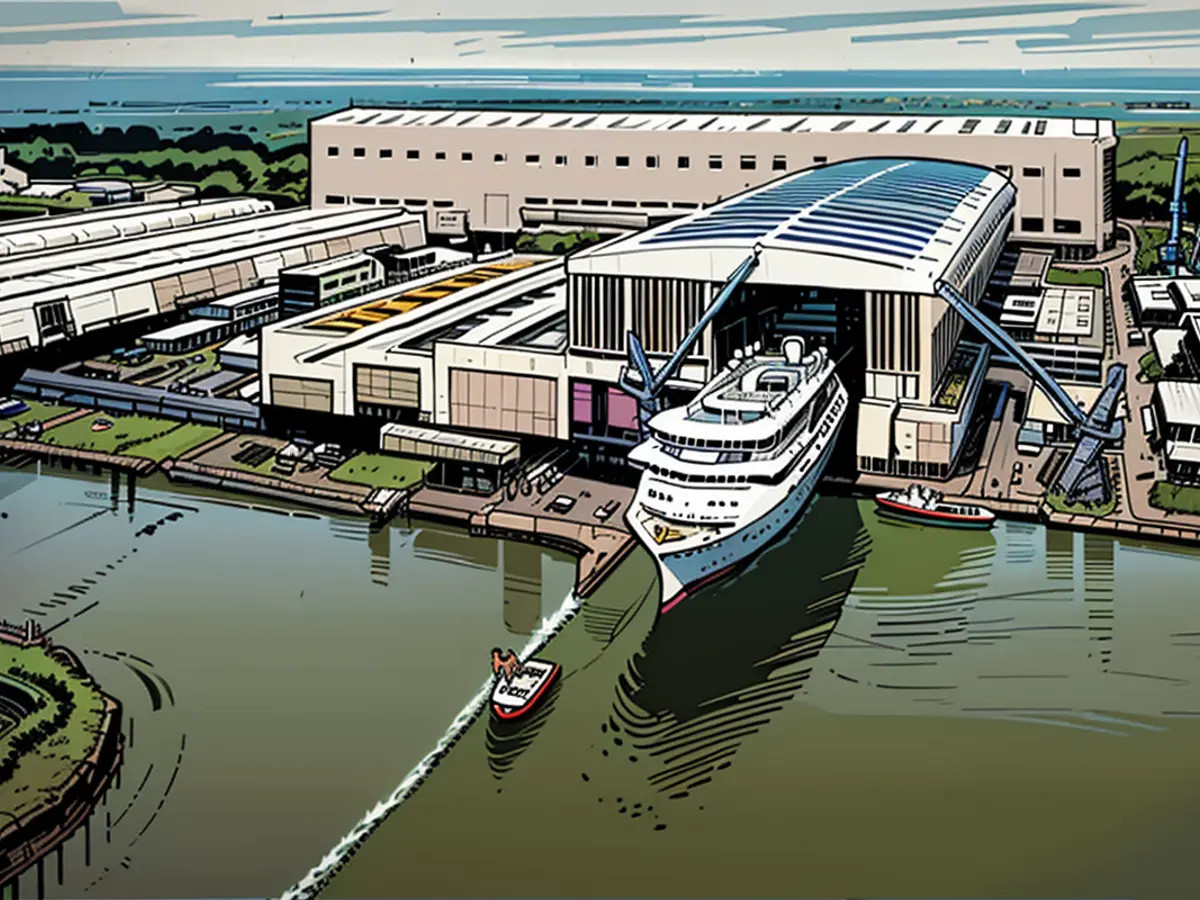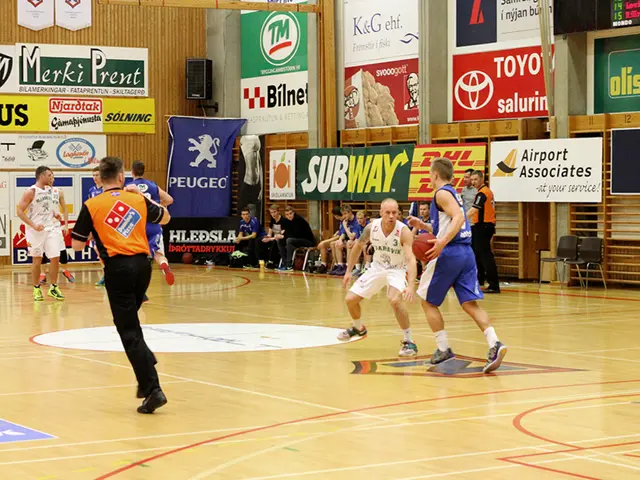Expanding Workforce in Germany's Shipbuilding Sector
The workforce in Germany's shipbuilding sector has grown significantly for the second consecutive year, according to IG Metall's annual shipbuilding survey. Over 15,000 individuals now make up this diverse workforce, an increase of 5.3%. Notably, Bremen, Mecklenburg-Vorpommern, and Lower Saxony have witnessed the most significant growth. However, a concerning scarcity of skilled laborers threatens production, as discussed in the survey among works councils.
Despite the rise in employment opportunities, training allocation has hit an all-time low this year, a decrease of 5.2%. Companies are finding it challenging to fill the vacant training positions, as revealed in the survey.
Germany's shipbuilding sector primarily revolves around three shipyard groups: ThyssenKrupp Marine Systems, Meyer, and Lürssen. Nearly 70% of the workforce is employed by these groups. IG Metall has been surveying works councils in German shipyards and the maritime supply industry about work conditions, the current order situation, and future prospects since 1991. This 34th edition of the survey covers a total of 15,000 employees.
The recent growth in the shipbuilding sector is primarily due to the positive findings in the latest IG Metall survey. Interestingly, the survey also highlights the difficulties in filling vacant training positions.
Additional Insights:
- Financial Challenges: Meyer Werft, one of Germany's major shipyards, is facing significant financial struggles, yet they have full order books[2][3]. The company is grappling with a 2.7 billion euro ($3 billion) financing gap due to the delayed effects of the COVID-19 pandemic.
- Government Support: The German government is planning to invest 400 million euros ($445.84 million) in Meyer Werft for an 80% stake, coupled with guarantees for 2.6 billion euros in loans[2].
- Industry Trends: The ship repair sector in Germany is facing escalating costs and financial difficulties. Geopolitical factors such as sanctions are shaping ship maintenance decisions[1]. Despite Western sanctions, EU shipyards continue to service Russian LNG tankers.
- Technological Advancements: The shipbuilding industry is progressing towards eco-friendly shipbuilding practices, integrating sustainable materials and energy-efficient designs. Meyer Werft has obtained its first offshore order, hinting at expansion into new sectors like converter platform construction[2][4].
- Market Outlook: The global shipbuilding market, including Germany, is expected to see steady growth due to increasing global trade volumes and rising demand for specialized ships in the offshore energy and cruise sectors. Challenges nonetheless remain, such as fluctuating raw material prices and stringent environmental regulations[4].








